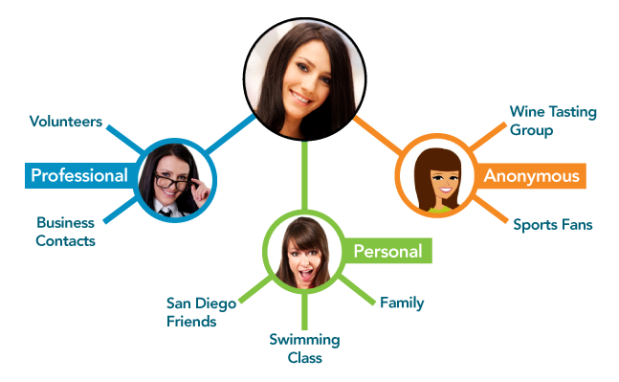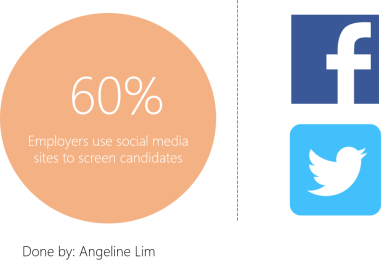
TOPIC 2: DO YOU HAVE MULTIPLE ONLINE IDENTITIES?
WHY CREATE MULTIPLE IDENTITIES?
This blog post aims to make a statement about the pros and cons of having more than one online identity.
Many people “owns” multiple online identities on the web. Internet identity is a social identity that internet user establishes in the online communities and websites.
Continue reading →








